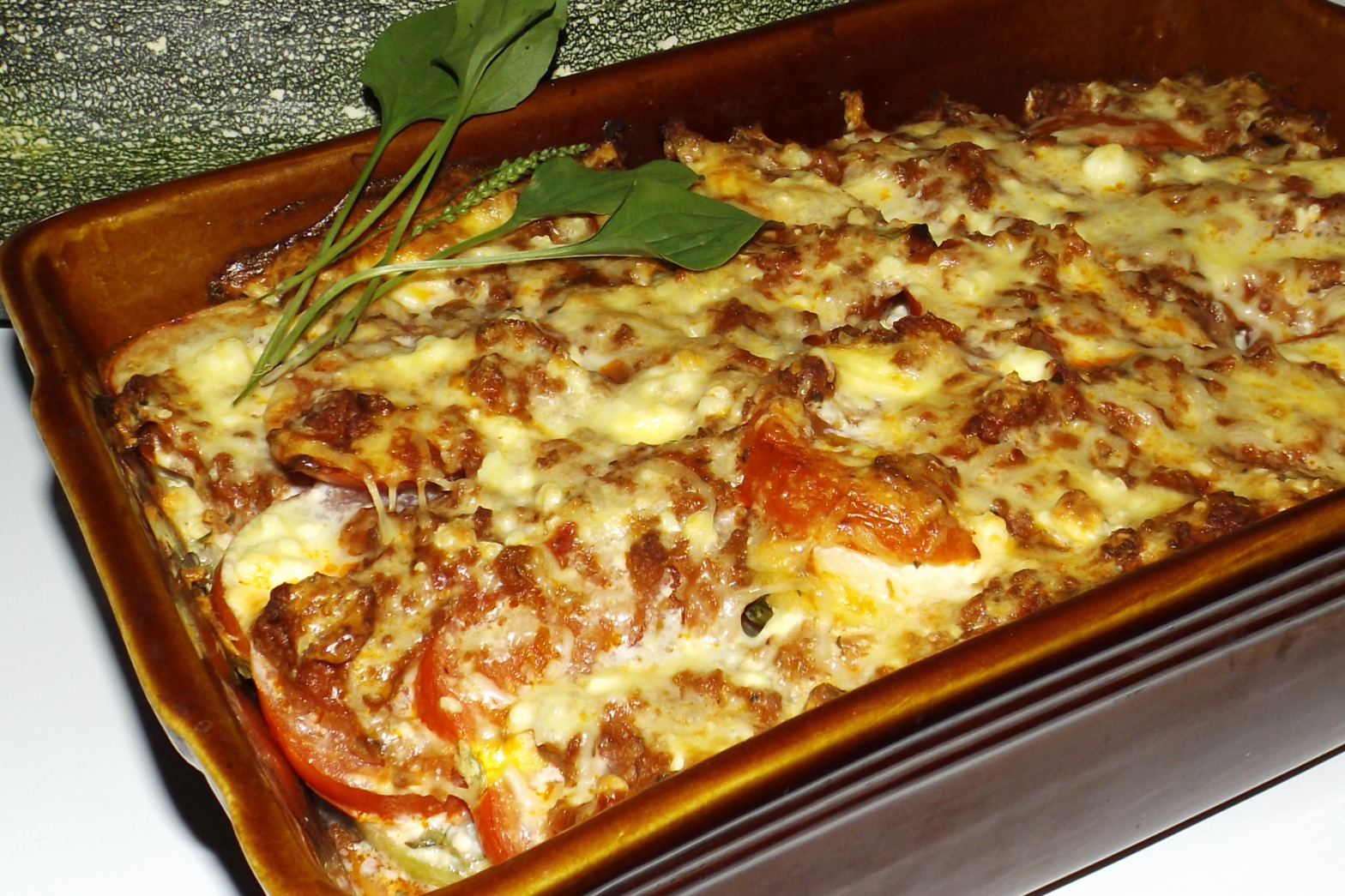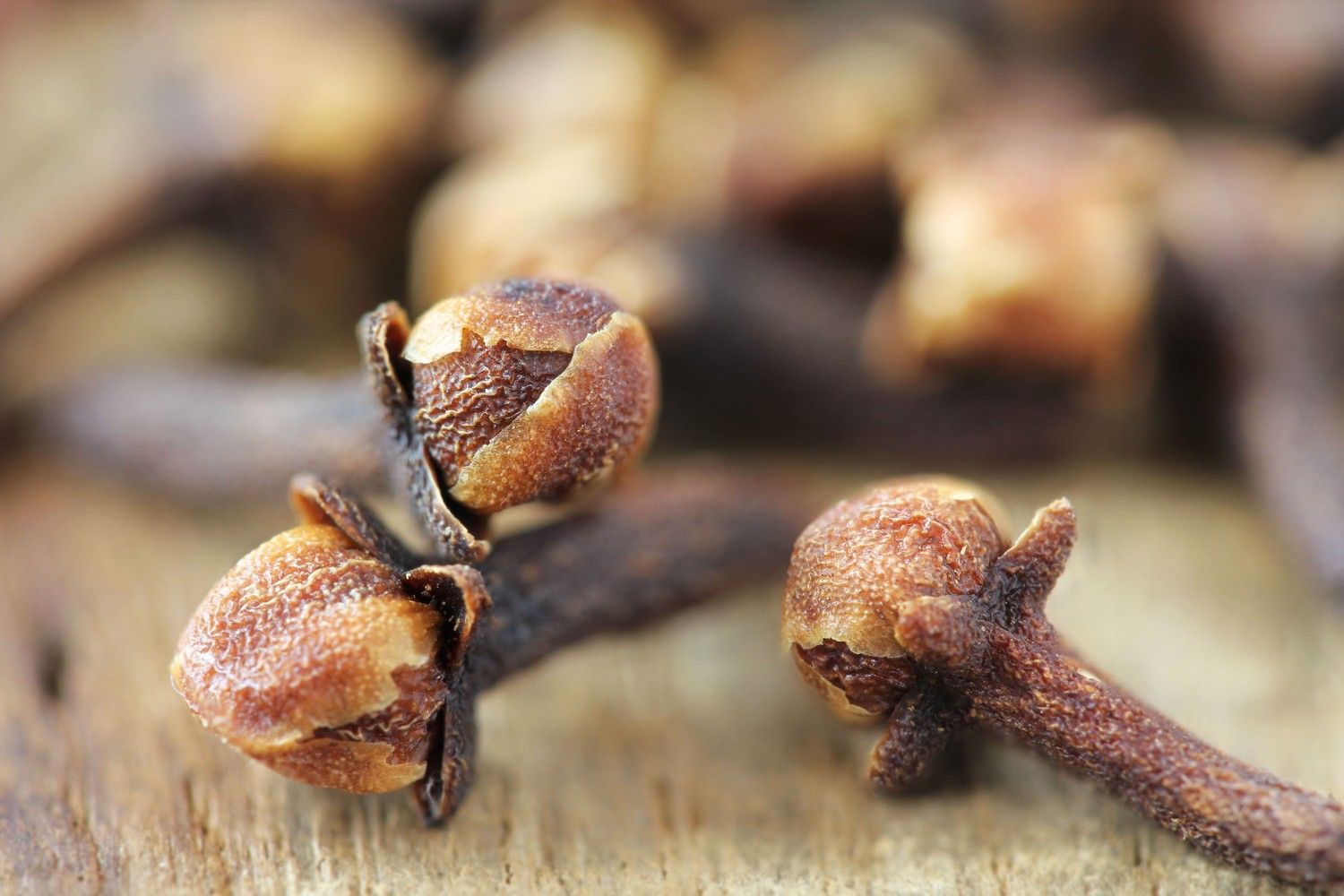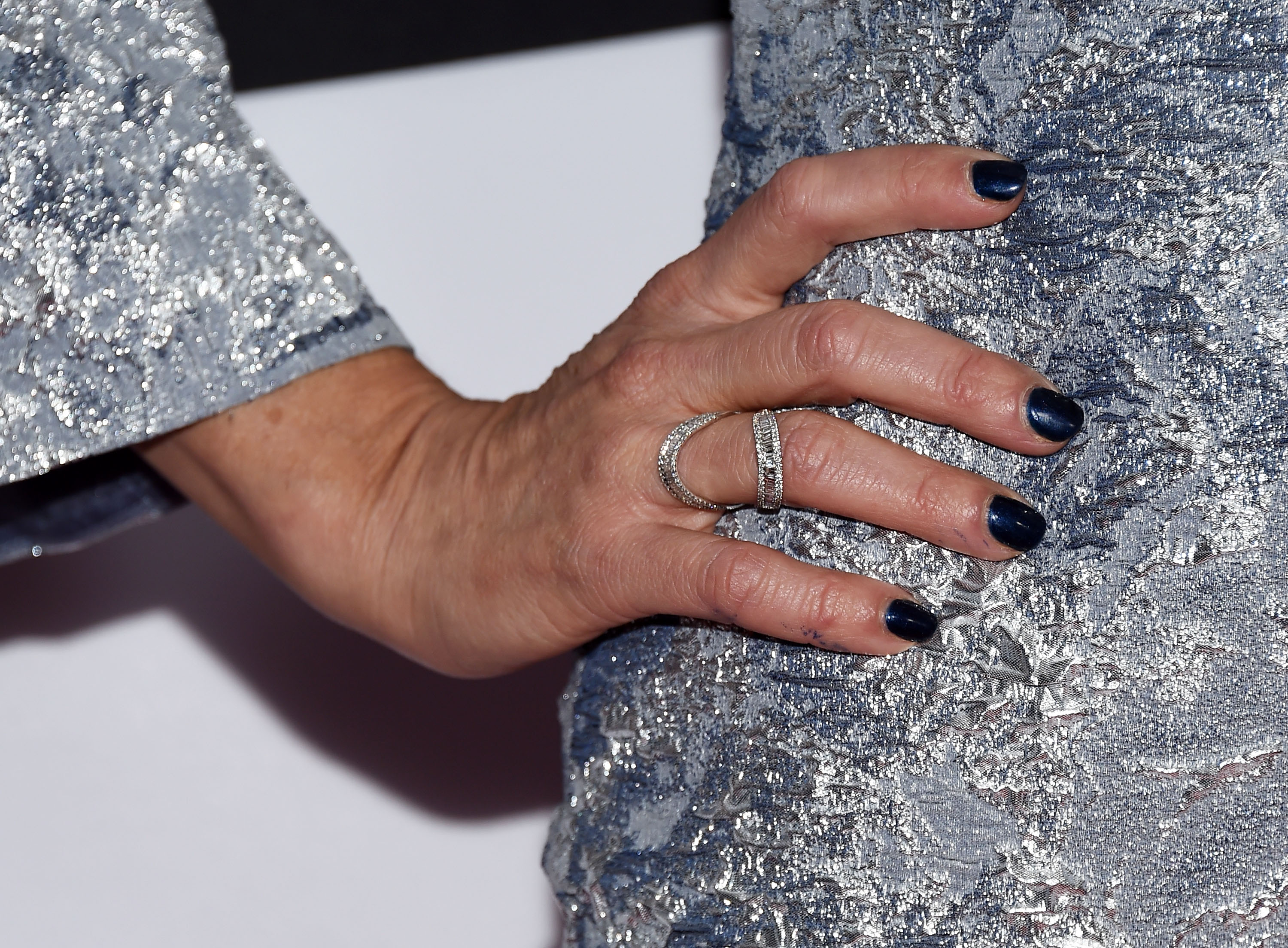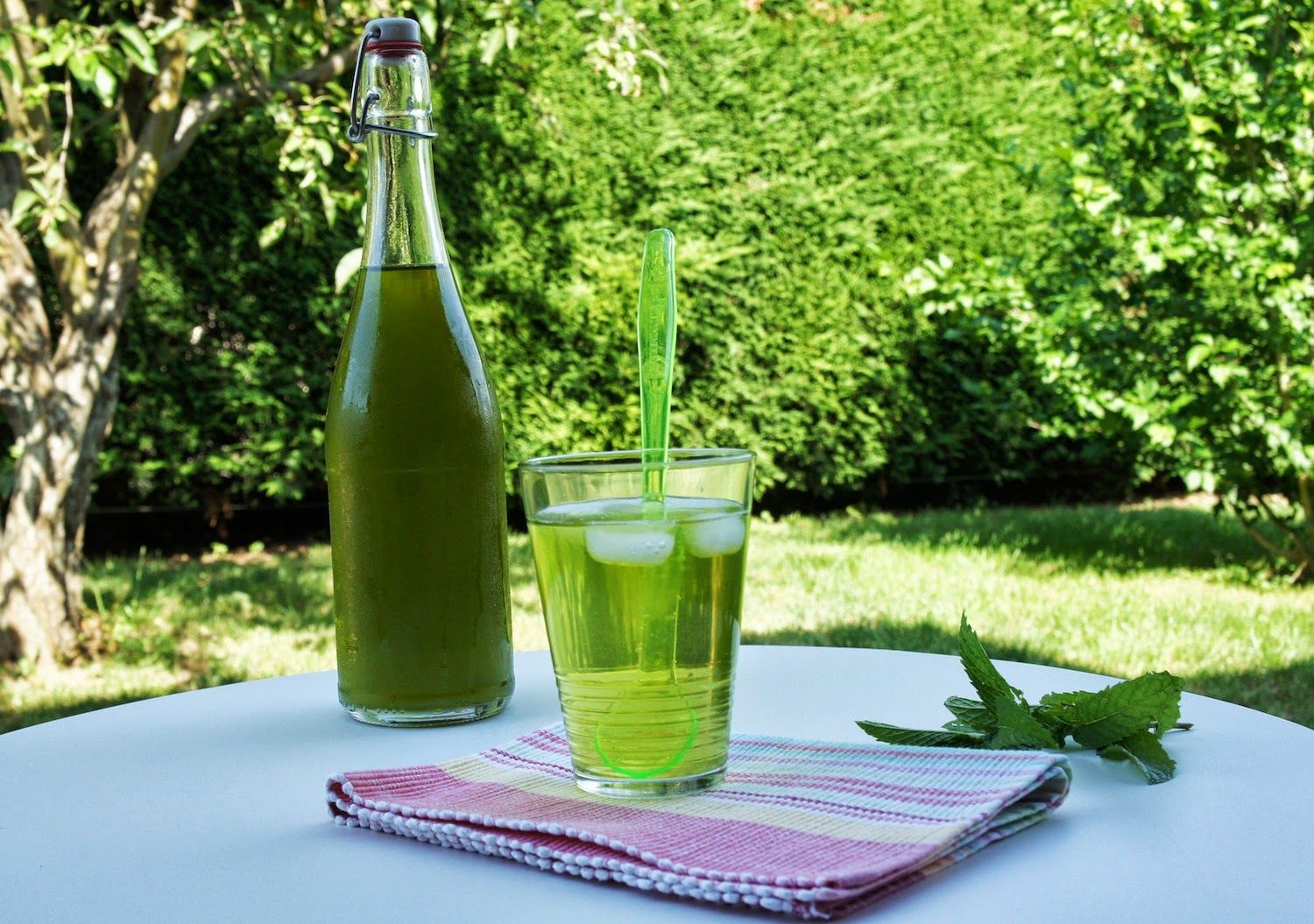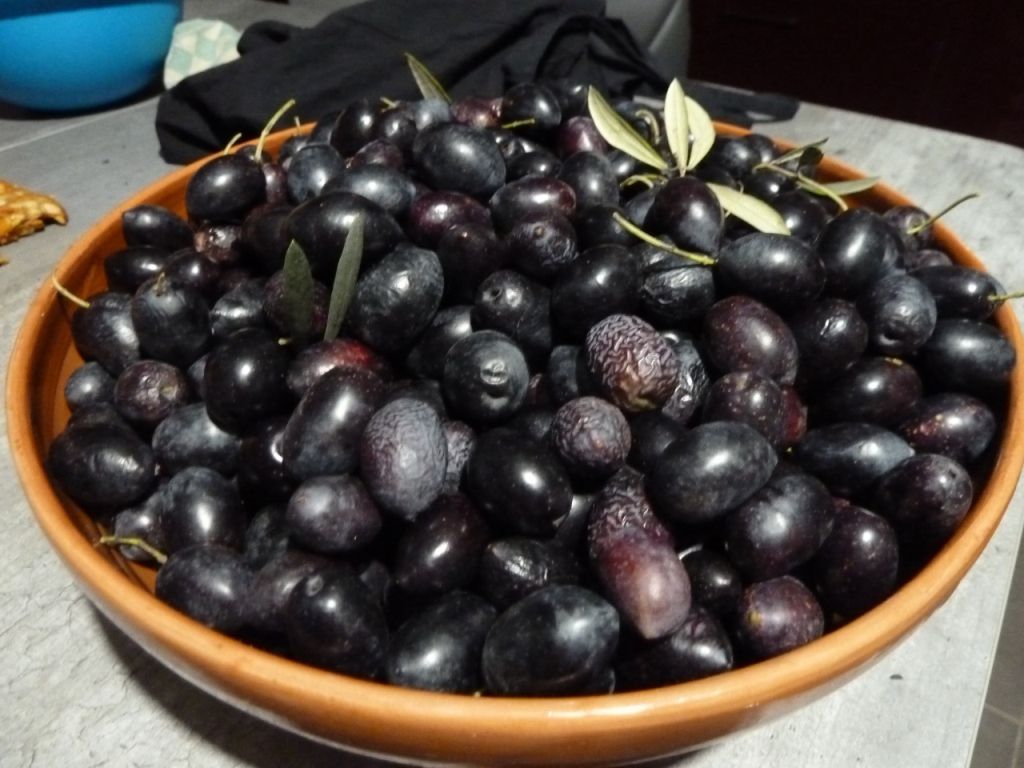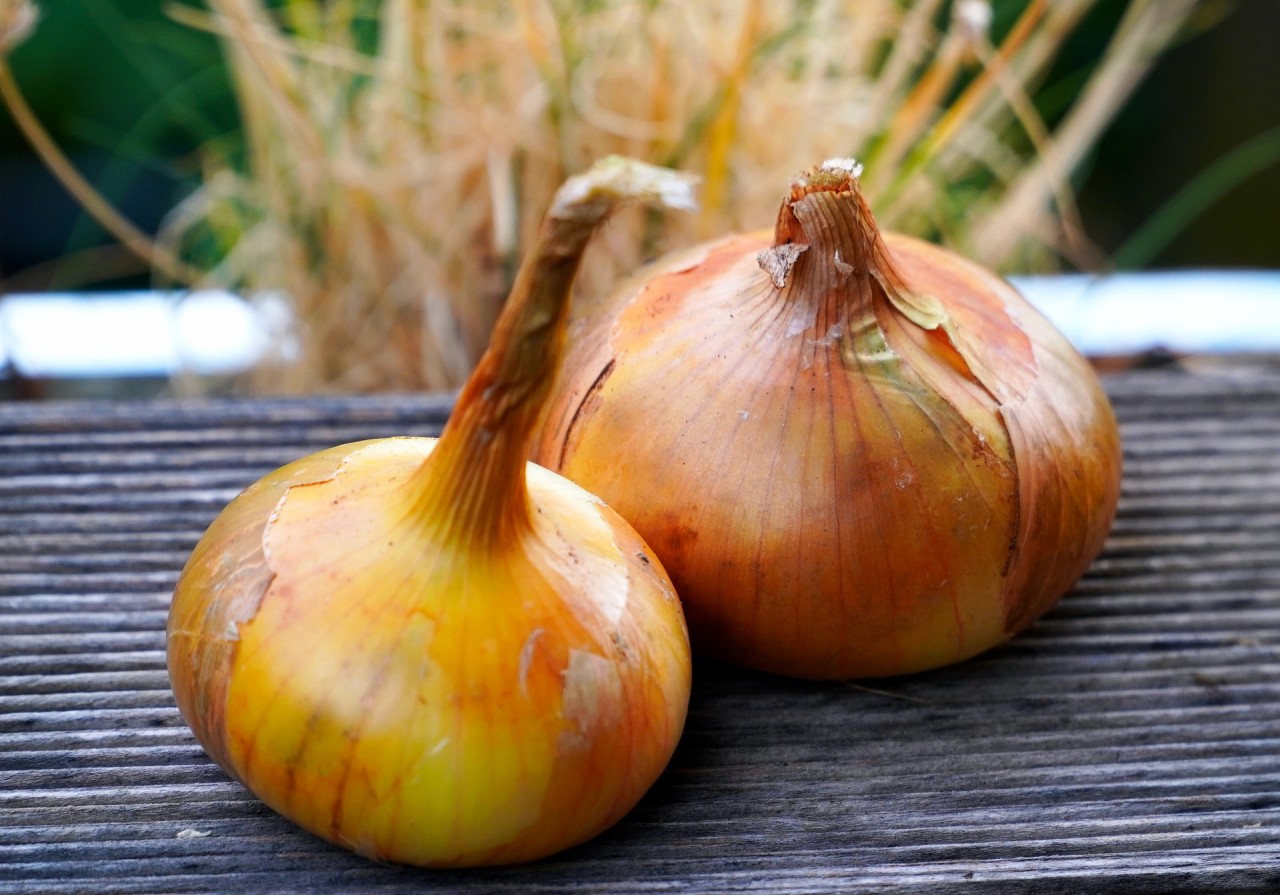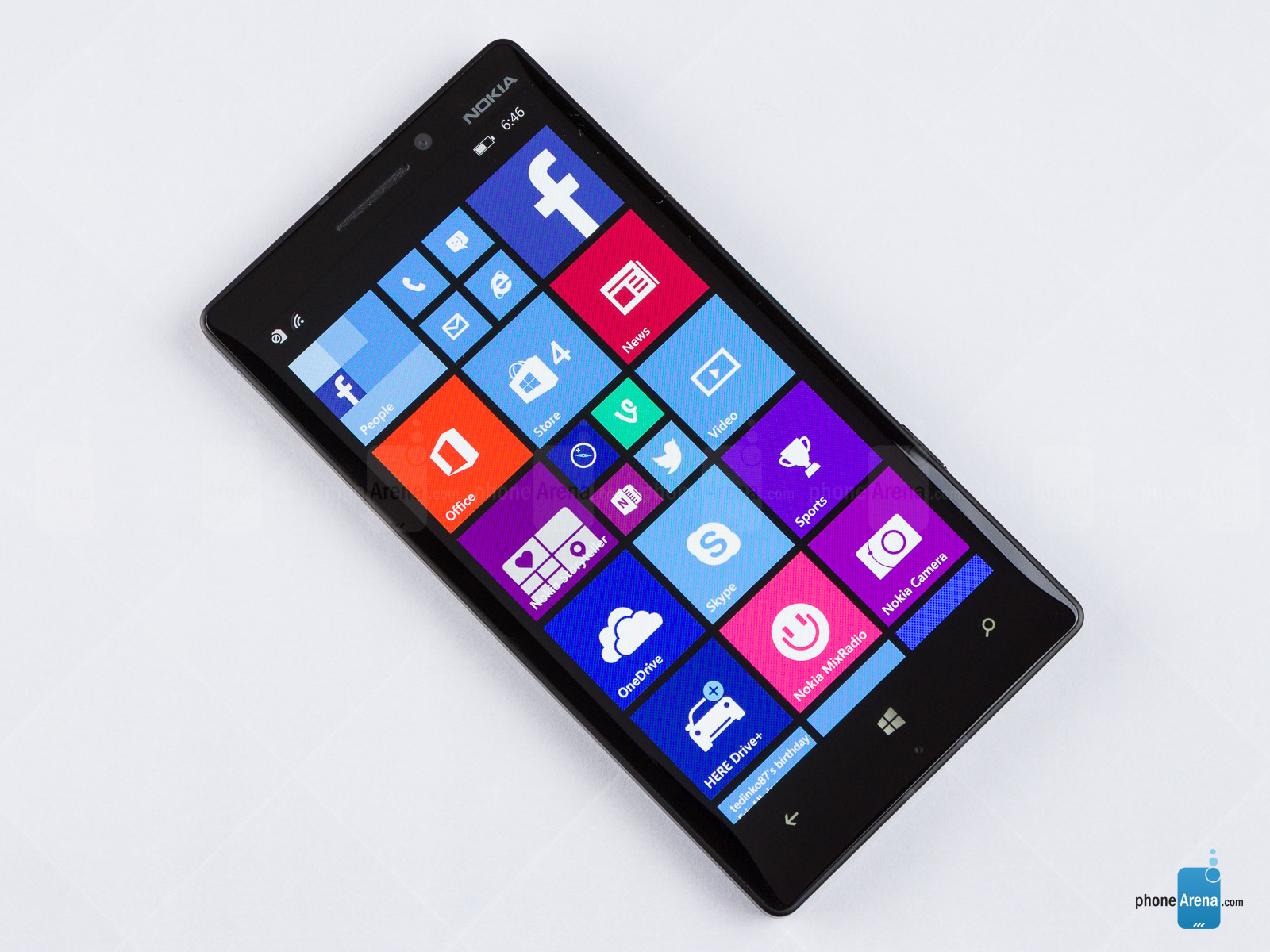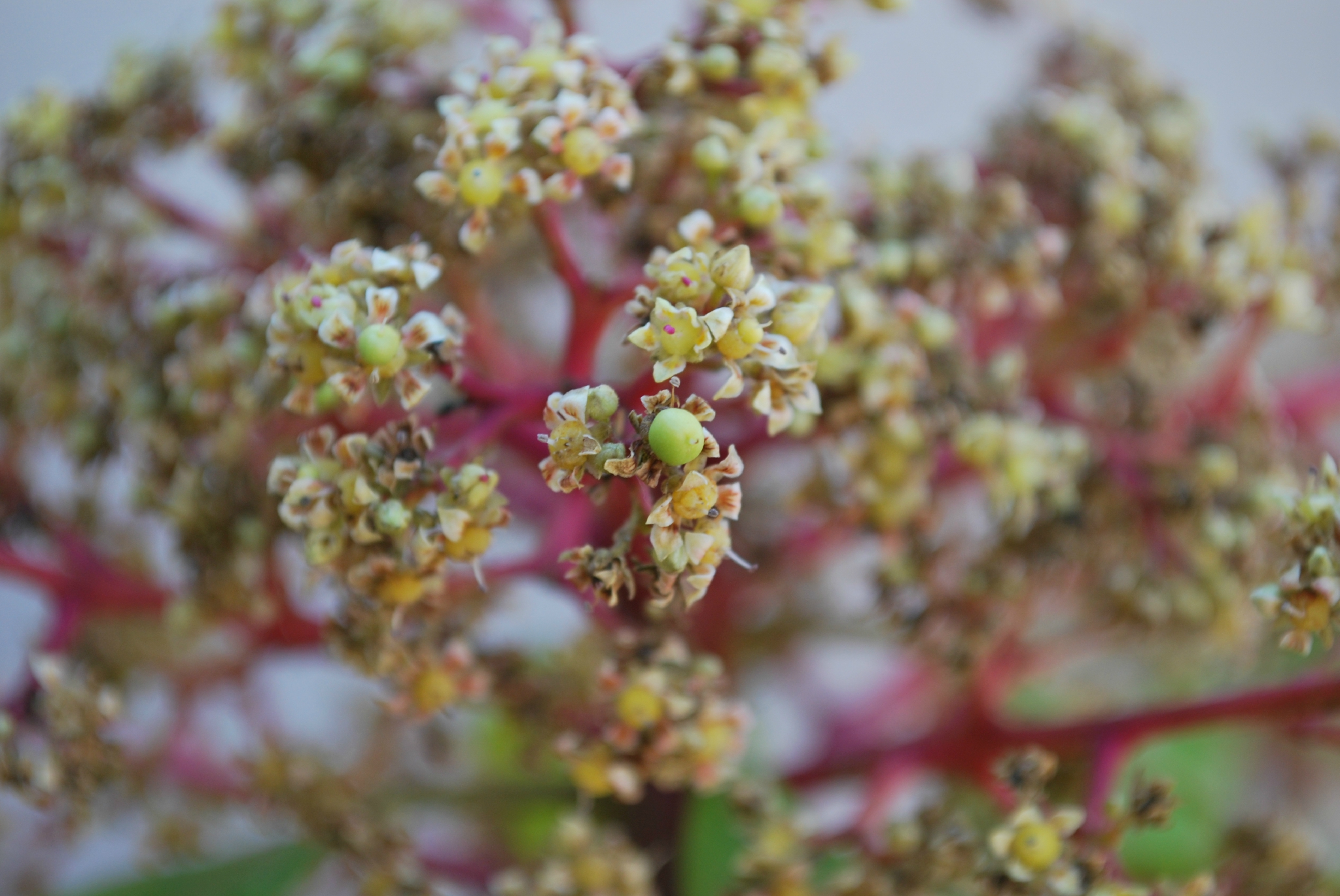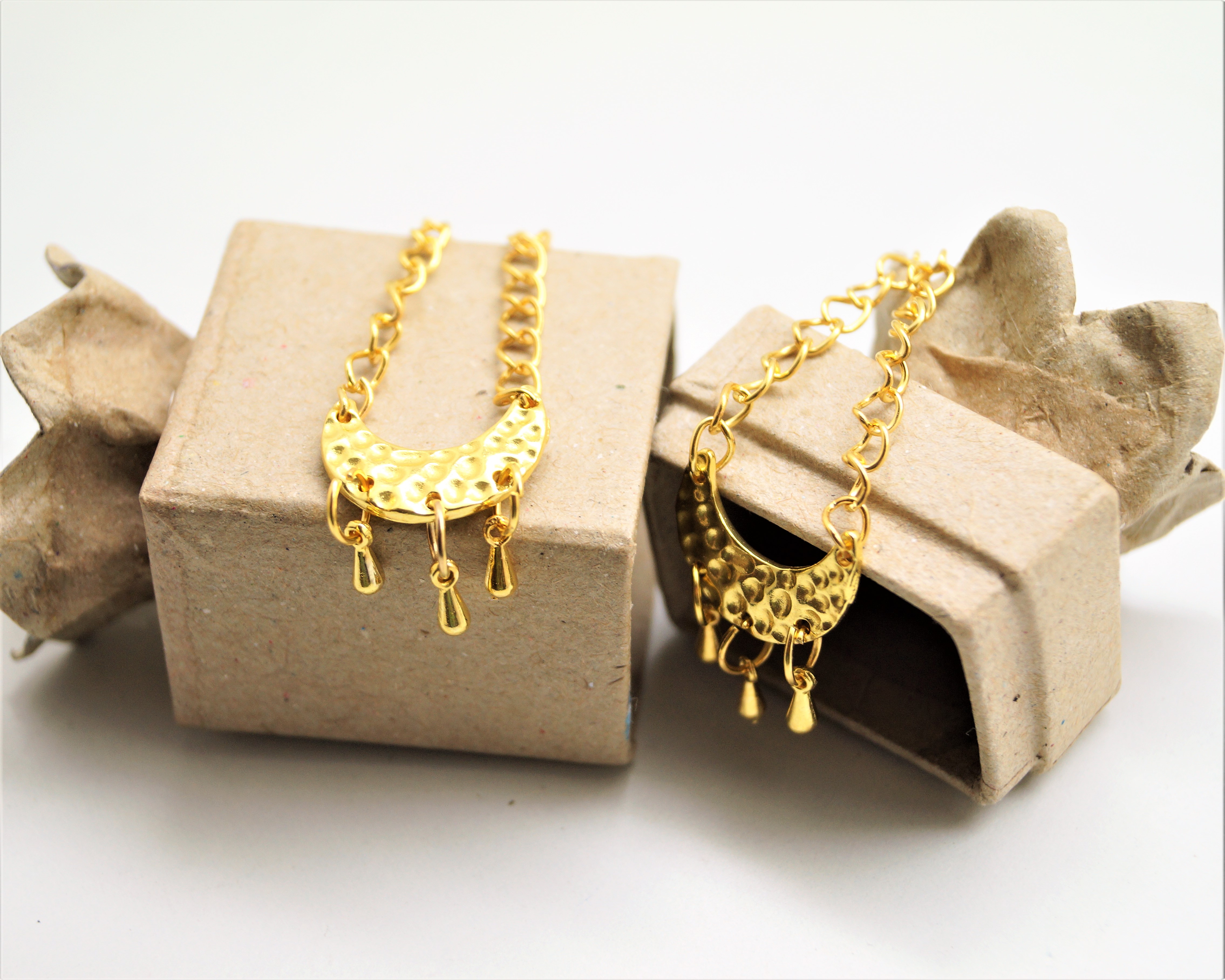Cancer in a Tube: The Horrible Truth About Pringles Chips.
Do you like Pringles crisps? You are not the only one !
Me too ! Well, until I did some research on these famous crisps.
First of all, there is one incredible thing to know about these reconstituted industrial chips.
The Pringles are not made from potatoes!
Yes, yes you read that right. It sounds incredible, but it is the reality.
And I'm not saying it, it's the manufacturer of the Pringles himself!

Indeed, the maker of Pringles has even gone so far as to argue that the potato content of their crisps is so low that they cannot be considered to be made from potatoes!
The manufacturer thus hoped to avoid a tax in the United Kingdom because crisps are considered a luxury product there.
Gosh ! If Chip Pringles aren't made from potatoes, then what are their main ingredients?
How are Pringles crisps made?
To begin with, we develop a kind of porridge made from rice, wheat, corn and potato flakes.
This pasty substance is then flattened and advanced on a conveyor belt to molds, where the chips are then shaped into their characteristic curved tile shape, making them easy to stack.
Then, the tiles continue their way on a conveyor belt, through a boiling oil bath, after which they are blow dried and sprayed with powdered aromas.
Finally, they are transferred to a slow-speed conveyor belt which stacks them and puts them into tubes.
There you go, now the Pringles “chips” are ready to be eaten by us naive consumers ...
If people eat crisps, it's because they love the taste and the crispy texture.
But in reality, few people know that among the many processed foods, crisps are among those that contain the most toxic substances.
And this, whether they are made from potato flakes or not for that matter.
These crisps are stuffed with acrylamide, a carcinogenic chemical derivative

Ironically, one of the most dangerous ingredients in crisps is not intentionally added by manufacturers.
It is acrylamide, a manufacturing by-product. This potentially neurotoxic substance is recognized as a proven carcinogen.
Acrylamide is formed when foods high in carbohydrates are cooked at high temperature (baking, cooking in oil, roasting or even grilling).
But crisps and fries, which everyone loves, are among the foods that contain the most acrylamide.
But that's not all. There are plenty of other foods that can also contain acrylamide when cooked or processed at temperatures above 100 ° C.
Usually, this toxic substance is formed when cooking dries up the surface of the food and causes it to gives a brown or golden color like here :

In fact, acrylamide can be formed in the following foods:
- potatoes : crisps, fries and other forms of potatoes grilled or cooked in oil.
- the cereals : crusts, toast, oven-roasted breakfast cereals and many processed snacks.
- coffee : roasted coffee beans and ground coffee. Surprisingly, chicory-based coffee alternatives, such as Ricoré, contain 2 to 3 times MORE acrylamide than traditional coffee!
Why you should avoid eating Pringles

As you can see from the ingredients above, Pringles crisps cannot be considered a normal food.
The list of ingredients is so long it gives you a headache just trying to read it!
Be aware that almost all of their nutritional value is lost during the processing process. As much to say to you that it does not bring much positive thing to your body ...
In addition, the Pringles tiles are fried in bad fats. Of course, not all dietary fats are bad, but the fats used by Pringles clearly are.
As if that weren't enough, the manufacturer also adds some super dubious food additives to "enhance" the taste of the crisps.
Except that these chemical additives also act on your brain by creating a sickly need to eat more and more chips!
Now you understand better why it feels like once you start eating Pringles you just can't stop! It's not just an impression ...
Pringles crisps are the antithesis of healthy eating. They are processed and are far too high in starch and fat.
Not to mention the fact that these crisps are made from very low quality ingredients. And since we tend to snack on them late in the evening, the body has a hard time digesting them.
In addition, this type of food dehydrates your body (since crisps are packed with vegetable oils that are difficult to absorb and do not contain water, unlike vegetables).
Nibbling on a few Pringles crisps every now and then is not going to kill you ... On the other hand, if you consume them regularly, it is clear that you are sacrificing your health ...
I don't know about you but every time I eat Pringles late in the evening I sleep badly and when I wake up I feel tired, bloated, dehydrated and have heavy legs.
For a healthier alternative to Pringles, make homemade popcorn with olive oil or flaxseed oil.
This may not be ideal in terms of nutritional value, but at least you are using a fresh, quality oil. Or even better, make fries with sweet potatoes.
Baked crisps can be WORSE than those cooked in oil!

Don't eat Pringles but buy baked crisps to monitor your health?
Normal, because manufacturers sell them as a "healthier" alternative to crisps prepared in oil.
But in reality, remember that acrylamide is formed when food is cooked at high temperature, including baking.
According to data from the United States Food and Drug Administration (FDA), baked crisps can contain up to 3 times more acrylamide than “traditional” crisps!
Note that this phenomenon also applies to the cooking of many other foods.
Therefore, of all types of high temperature cooking, baking potatoes may be most harmful to your health.
So remember that ALL varieties of crisps contain acrylamide!
Whether natural or not, cooked in the oven or in oil, all crisps have harmful effects on your insulin levels!
Acrylamide isn't the only danger

When food is cooked at a high temperature, acrylamide isn't the only toxic substance that can cause your DNA to change.
The results of the HEATOX study carried out by the EU, show that there are more than 800 substances which form during cooking at high temperature, including 52 are potentially carcinogenic.
In addition to the fact that acrylamide represents a real danger to public health, the HEATOX project also concludes that one is much less likely to ingest toxic substances when eating food cooked at home (as opposed to foods prepared in restaurants or by industrial processes).
Obviously, there is no such thing as zero risk. According to their calculations, if we implement all the existing recommendations, it is possible to reduce your acrylamide consumption by 40%.
As a general rule, cooking your food at high temperatures is not recommended. Here are the most well-known toxic substances that are formed during cooking at high temperatures.
Heterocyclic amines (HCAs): also linked to cancer, they are formed in particular in the black part of grilled meat during cooking at high temperature. Therefore, avoid charring your meat at all costs, and avoid eating the black parts.
Polycyclic aromatic hydrocarbons (PAHs): while food is cooking, the drops of fat that trickle down on a heat source turn into smoke. This smoke then penetrates the meat and can contaminate it with carcinogenic PAHs.
Glycation end products (PTGs): high temperature cooking (including pasteurization and sterilization) increases the formation of PTGs in foods. When you eat these foods, PTGs are transferred to your body. Over the years, PTG deposits build up and can cause oxidative stress (a type of damage to the building blocks of the cell), inflammation, and an increased risk of heart disease, diabetes, and kidney disease.
How to avoid harmful substances that form during cooking?

To avoid toxic byproducts, try to eat as much raw foods as possible or those with minimal processing.
The rule is simple: the more raw a food, the healthier it is. For starters, try to adapt a diet that includes at least 1/3 raw foods.
Personally, 80% of the food I eat is raw, and I think this is one of the biggest contributors to my overall good health.
Admittedly, making the transition to a diet free of processed foods is not easy, especially at the beginning.
To begin with, try to eliminate the foods that are most dangerous to your health. You'll see, it's easier than you think, and it's a big step in the right direction towards healthier eating.
Foods that you should eliminate or at least decrease are:
- the fries and the chips potato,
- all the sodas (sweet or low-fat, because sweeteners turn out to be even more harmful than fructose),
- the industrial cakes found in supermarkets.
Eating healthy isn't that complicated

As you have understood, the more a food is cooked and processed, the less good it is for your body.
Therefore, it is important to focus on raw organic vegetables, pasture meat, healthy oils, dairy products made with raw milk as well as raw seeds and nuts.
Raw organic eggs and free range hens are a huge source of nutrients.
Milk is another example of a food that is best eaten raw because pasteurization is not without effect on milk.
It's simple. The secret to leading a healthier life, shedding extra pounds and enjoying your food is to eat healthy foods. NON-processed foods.
Contrary to what you might think, preparing a meal without processed foods is not that complicated.
You will see, once you get used to it, preparing good, healthy meals at home takes as much time as going out to eat at a fast food chain!
You will quickly see that you will feel better physically and mentally.
And maybe also from a financial point of view, because processed foods are generally much more expensive than foods prepared at home.
Finally, here are some other great tips to help you regain control of your health:
Need Energy? 15 Healthy Snacks to Take Anywhere.
20 ZERO Calorie Foods To Help You Lose Weight.
The 15 RICHEST Foods in Vegetable Protein.
Do you like this trick ? Share it with your friends on Facebook.
Also to discover:
10 Toxic Ingredients You Eat at McDonald's Without Knowing It.
3 Health Dangers of Coca Cola: Ignore Them at Your Own Risk.

